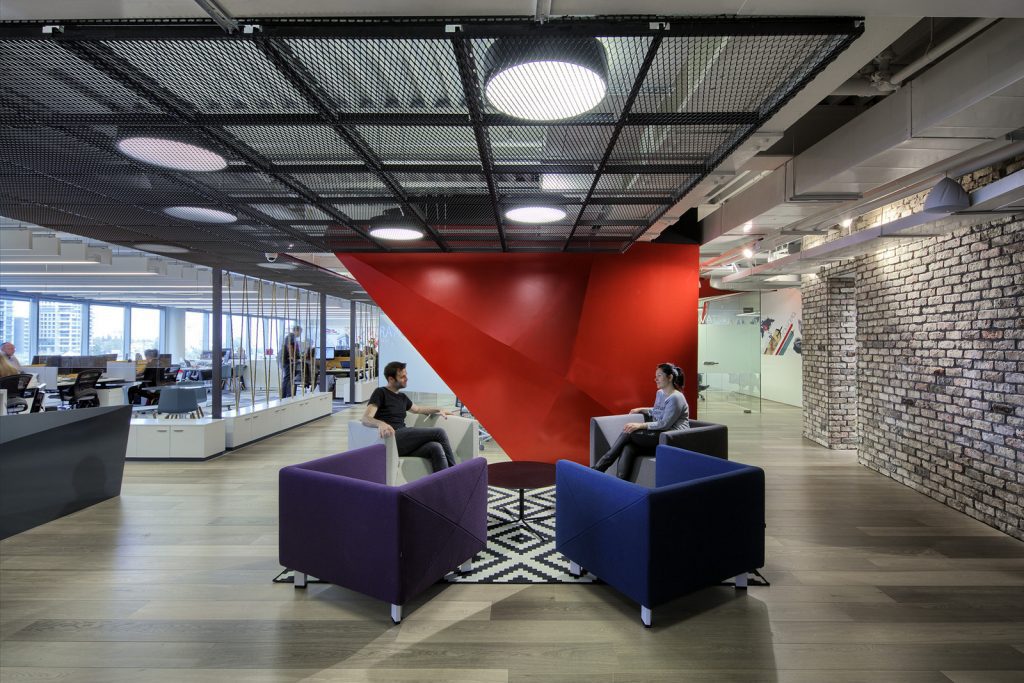Sabre's Bottom Line Got a Lift From U.S. Tax Cuts

Skift Take
A year ago the U.S. changed its corporate tax law. A look at the impact on travel tech giant Sabre may show, by example, the benefits to many U.S. businesses broadly. The reform appeared to give the company added financial flexibility in 2018.
Last year's cut in the headline U.S. federal tax rate for corporations from 35 percent to 21 percent affected many businesses. Sabre, a travel technology giant based in Southlake, Texas, is a case in point.
On Tuesday Sabre reported its earnings. In 2018, Sabre's management-adjusted results included $117 million of tax expense in 2018, versus $162 million in 2017.
The drop in its effective tax rate was from 29.5 percent to 21.6 percent, reflecting a reduction in a U.S. statutory tax rate due to U.S. tax reform.
The savings appeared to give the company more financial flexibility last year. On a call with analysts Tuesday, Sabre's executives said that its earnings per share increased 6 percent in the quarter, driven by operating income growth and a lower tax rate due to the impact of U.S. tax reform.
A caveat: Sabre's tax rate and tax expense reflected on its income statement were not equivalent to actual cash taxes handed to Uncle Sam.
Sabre has not been a U.S. cash taxpayer since its initial public offering (IPO) in 2014. The explanation is net operating loss carryforwards related to pre-IPO assets, primarily the online travel agencies like Travelocity and LastMinute.com that it divested. It is now reaching the end of these net operating losses and will begin to pay U.S. cash taxes in 2019, and it expects to become a full U.S. cash taxpayer in 2020. In other words, one impact of U.S. tax reform has been to pull forward usage of the net operating losses.
Sabre reported $59 million in cash taxes in 2018, a year-over-year increase of 256 per

